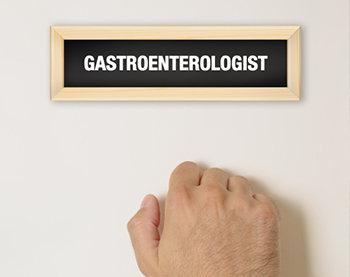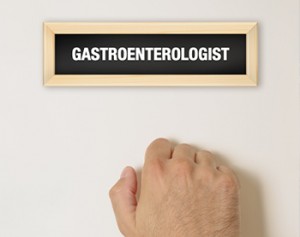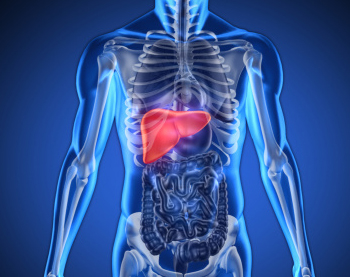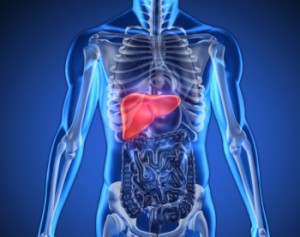 Endoscopic retrograde cholangiopancreatography (ERCP) is a procedure that carries certain risks for patients and presents challenges for physicians. The slightest error by the physician can have horrific consequences.
Endoscopic retrograde cholangiopancreatography (ERCP) is a procedure that carries certain risks for patients and presents challenges for physicians. The slightest error by the physician can have horrific consequences.



 Endoscopic retrograde cholangiopancreatography (ERCP) is beneficial in specific medical cases. However, doctors and patients should be aware of the potential complications after ERCP.
Endoscopic retrograde cholangiopancreatography (ERCP) is beneficial in specific medical cases. However, doctors and patients should be aware of the potential complications after ERCP.
Just because this procedure is common, that doesn’t mean it’s safe for everyone, or that it won’t result in complications.
Before an ERCP, all procedures and their risk factors should be discussed. After an ERCP procedure, the patient should be monitored to ensure that complications do not develop. Patients should be educated on how to recognize symptoms of ERCP complications. Many ERCP complications exhibit similar symptoms, such as fever, vomiting, and abdominal pain.
Continue reading

 While every individual is different, there are certain foods that are known to cause digestive problems in a majority of patients. Digestive problems are a trigger that can lead people to visit a doctor and ultimately undergo an ERCP procedure. While ERCP procedures are fairly common, they can be dangerous and cause life-ending or debilitating problems.
While every individual is different, there are certain foods that are known to cause digestive problems in a majority of patients. Digestive problems are a trigger that can lead people to visit a doctor and ultimately undergo an ERCP procedure. While ERCP procedures are fairly common, they can be dangerous and cause life-ending or debilitating problems.
One way to avoid an ERCP procedure is to maintain digestive health. For patients experiencing chronic digestive problems, it may be helpful to avoid these foods and make note of improvements over a period of time. When avoiding foods, it may also be useful for the patient to make note of the types of digestive complications associated with the foods. This may assist doctors in ordering the correct tests to identify food allergies and other complications that may contribute to digestive disorders.
Continue reading

 An ERCP is performed by a gastroenterologist. Gastroenterologists are specialists that have unique training and extensive knowledge of the digestive tract. Having a gastroenterologist experienced in ERCP is extremely important to the efficacy of the procedure. Highly-qualified gastroenterologists are likely to identify abnormalities and take timely action to treat conditions in the digestive tract. However, not all gastroenterologists have sufficient training to perform an ERCP correctly, which places the patient at risk.
An ERCP is performed by a gastroenterologist. Gastroenterologists are specialists that have unique training and extensive knowledge of the digestive tract. Having a gastroenterologist experienced in ERCP is extremely important to the efficacy of the procedure. Highly-qualified gastroenterologists are likely to identify abnormalities and take timely action to treat conditions in the digestive tract. However, not all gastroenterologists have sufficient training to perform an ERCP correctly, which places the patient at risk.
Continue reading

 The liver performs many vital functions to help keep the body free of toxins, aid in digestion, and regulate blood sugar. A healthy liver is necessary for health and well being. Unfortunately, due to the liver’s continuous exposure to toxins, the liver is highly prone to disease and damage.
The liver performs many vital functions to help keep the body free of toxins, aid in digestion, and regulate blood sugar. A healthy liver is necessary for health and well being. Unfortunately, due to the liver’s continuous exposure to toxins, the liver is highly prone to disease and damage.
Continue reading

 Individuals with and without digestive issues can take steps to improve and maintain their digestive health. Daily digestive health tips such as staying hydrated and engaging in physical activity can have a positive impact on the digestive system, diminishing the need for an ERCP procedure. Improving digestion can help to alleviate symptoms associated with digestive issues such as constipation, bloating, and gas. Additionally, improving digestion naturally may help with digestive disorders, including inflammatory bowel diseases such as Crohn’s disease and ulcerative colitis.
Individuals with and without digestive issues can take steps to improve and maintain their digestive health. Daily digestive health tips such as staying hydrated and engaging in physical activity can have a positive impact on the digestive system, diminishing the need for an ERCP procedure. Improving digestion can help to alleviate symptoms associated with digestive issues such as constipation, bloating, and gas. Additionally, improving digestion naturally may help with digestive disorders, including inflammatory bowel diseases such as Crohn’s disease and ulcerative colitis.
Continue reading